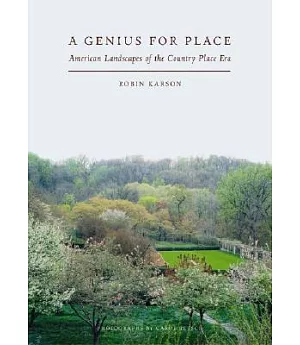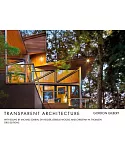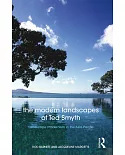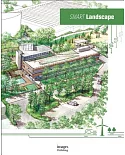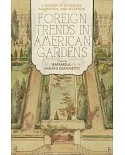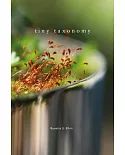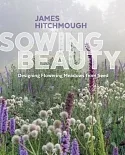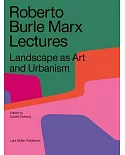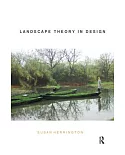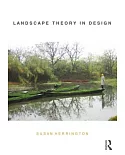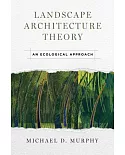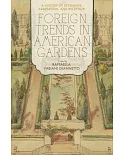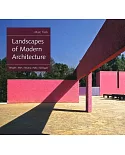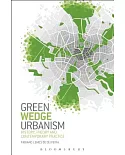In this lavishly illustrated volume, Robin Karson traces the development of a distinctly American style of landscape design through an analysis of seven country places created by some of the
nation's most talented landscape practitioners.
In the mid-nineteenth century Frederick Law Olmsted, the designer of New York's Central Park, developed an approach to landscape design based on the principles of the English Picturesque which
also emphasized a specifically American experience of nature and scenery. After Olmsted's retirement in 1897, these precepts continued to ground a new generation of American landscape
architects through the next four decades, a period known as the "country place era," a time of rapid economic, social, and cultural change.
In the early twentieth century, new fortunes made it possible for wealthy Americans to commission country estates as a means of aggrandizing social status. These private havens also offered
their owners respite from crowded cities and a way to preserve and celebrate places of distinctive landscape beauty. The commissions provided burgeoning numbers of landscape architects with
opportunities to experiment with stylistic influences derived from Beaux-Arts, Arts and Crafts, and even Asian principles.
The chapters in this book trace a progression in the period from the naturalistic wild gardens of Warren Manning to the mysterious "Prairie style" landscapes of Jens Jensen to the
proto-modernist gardens of Fletcher Steele. Other practitioners cov ered are Charles Platt, Ellen Biddle Shipman, Beatrix Farrand, Marian Coffin, and Lockwood de Forest Jr. The projects
profiled follow a broad geographic arc, from Stockbridge, Massachusetts, to Santa Barbara, California. All seven landscapes are now open to visitors.
Analyzing these designs in context with one another and against the backdrop of the professional and cultural currents that shaped larger projects - such as parks, campuses, and planned
communities - Karson creates a rich and comprehensive picture of the artistic achievements of the period. Striking black-and-white images by landscape photographer Carol Betsch illuminate the
transporting spirit of these country places today, while hundreds of drawings, plans, and historical photographs bring the past to life.

